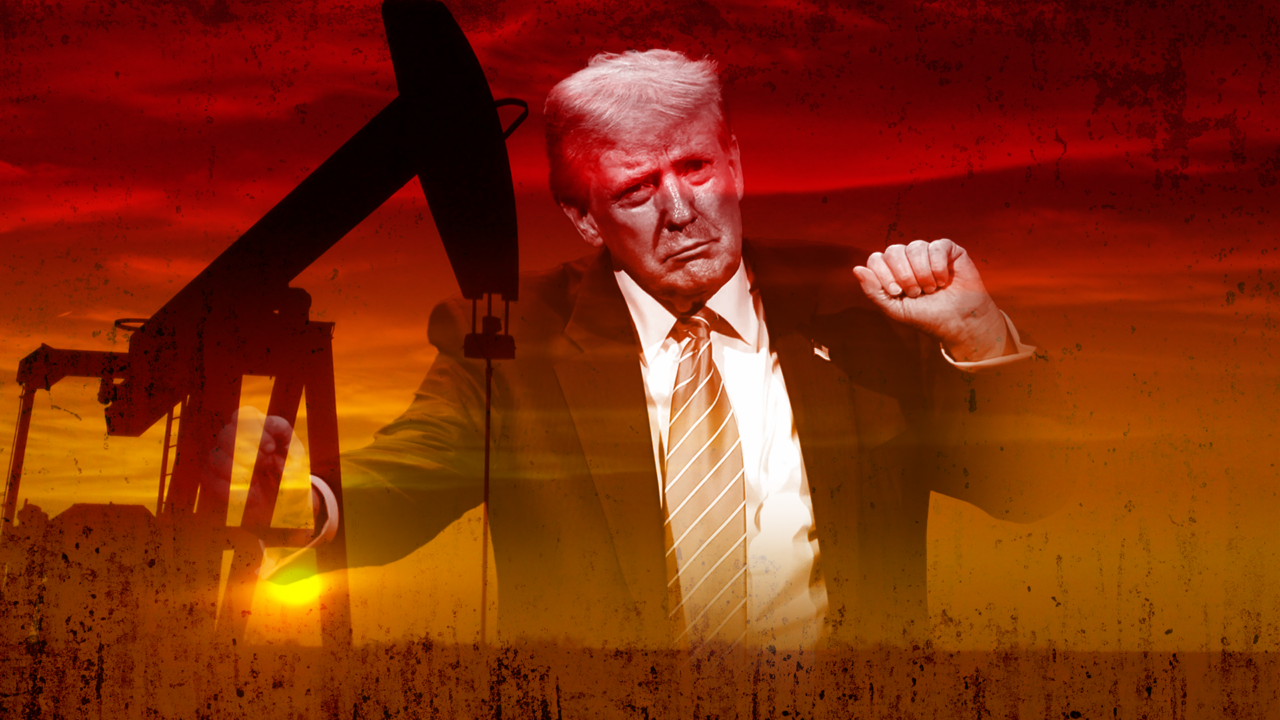There’s been nothing to suggest Trump isn’t still in his ‘drill, baby, drill’ bag. Here’s a reminder of why a second term of his presidency is so concerning for US climate reform.
Election day has been won by Donald Trump. Whether that is cause for despair or celebration depends who you ask, but there’s no denying the seismic blow US climate policy has just taken.
Scientists have stated that there’s a 90% chance 2024 will top 2023 as the warmest year in 125,000 trips around the sun. Extreme weather events are upending and taking lives in greater sums each decade, and food insecurity has reached unprecedented levels in recent years.
Given this grim reality and stark projections of the future, surely the President has climate considerations high on his administration’s manifesto, right?
Wrong!
By all accounts, Trump doesn’t believe climate change even exists. I remember chuckling in 2012 over his assertions that the phenomenon was dreamed up by the Chinese in order to ‘make US manufacturing non-competitive.’
He later labelled climate change a ‘moneymaking hoax’ in 2015, and dismissed questions put to him about a federal ecology report in 2019, stating, ‘I don’t believe it.’ Apparently, some of us do need a weather man to tell us it’s raining.
The concept of global warming was created by and for the Chinese in order to make U.S. manufacturing non-competitive.
— Donald J. Trump (@realDonaldTrump) November 6, 2012
While 12 months ago you could have a giggle at the man being so obtuse and unflappable in his convictions, any humour we once gleaned from his soundbites has descended into panic with him imminently resuming duties at the Oval Office.
Project 2025, which is a can of worms entirely in its own right, has already outlined many of the steps his administration may take to bolster oil, gas, and coal, while chucking renewable sources like wind and solar on the scrapheap.
Whether or not Trump himself is the ringleader of Project 2025 is up for debate, but there’s nothing ambiguous about his personal stance on renewables – having promised to ‘kill wind’ during his latest presidential campaign.
Project 2025 also mentions plans to scupper the production of electric vehicles in Detroit and close down the Oceanic and Atmospheric Administration, which is our primary source for measuring how much ocean temperatures are rising. That’s on the basis that its reports are among the ‘main drivers of the climate change alarm industry.’




















